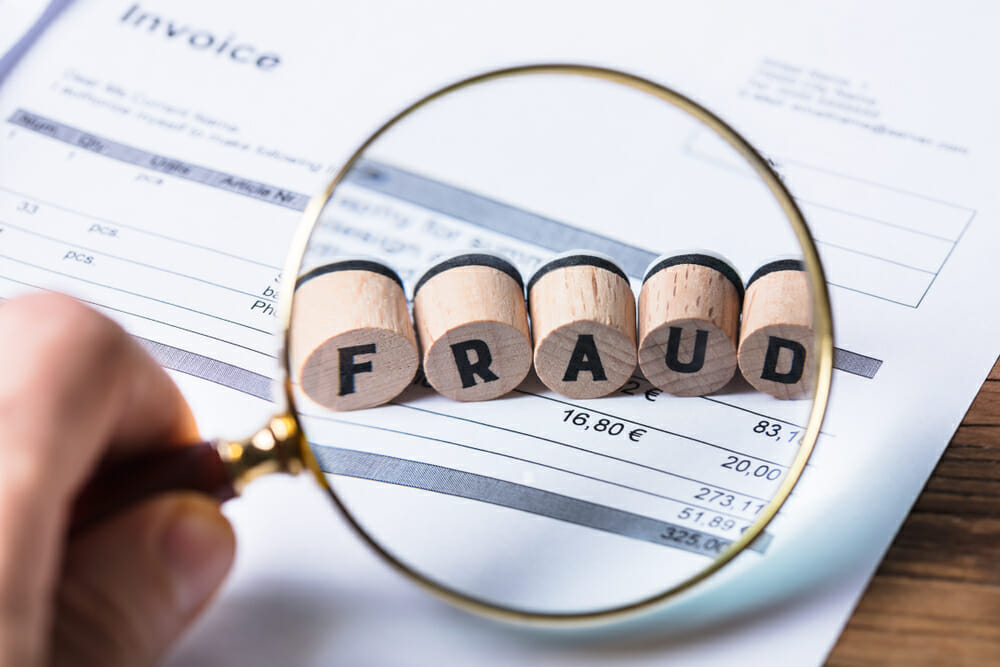As a frequent speaker on the subject of fraud, people often ask me, “How do you investigate fraud?”
My answer is always the same: You look for the anomaly. To me, it sounds so simple until I step back and realize that most people cannot see the anomaly, although it is usually right in front of them. They lack or fail to use their power to observe, make logical deductions and, most importantly, they fail to investigate.
Many of the lessons I have learned on investigation over the years have come from the master investigator – the most famous investigator of all time, Sherlock Holmes. Mr. Holmes identifies three traits of a good investigator, outlined is this lesson. Those are:
(1) Observation
(2) Deduction
(3) Knowledge
Deduction as we see relies on the power of logic. And as described by Mr. Holmes, logic gives the investigator a chain of sequences without a break or a flaw. But if there is a break or a flaw, then we have an anomaly.
Take for example Bernard Madoff, who created the world’s largest known Ponzi scheme and bilked investors out of billions of dollars. Bernie’s scheme was simple. Unlike most Ponzi schemes, where the investor is promised huge, unreasonable returns (the anomaly), Bernie’s returns were somewhat reasonable and steady, year after year. So where is the anomaly if there were no promises of outlandish rewards? Madoff had to have a hook to get people to invest.
Through observation, one can see the anomaly in Madoff’s scheme rests in the hook – which is to pay 10 percent to 15 percent returns year after year after year, no matter whether the market is up or down. Logic tells anyone who has ever invested in the stock market or has a retirement plan that no person or organization is smart enough to time the market to get constant returns every single year no matter the direction of the market. Even smart people who recognized the hook as the anomaly chose to ignore or rationalize away the clear warning and obvious flag.
When one observes the anomaly, it is time to investigate, and here is where knowledge is the key ingredient that is either gained through research or is already known. Investigating Madoff is exactly what Certified Fraud Examiner Harry Markopolos did, but not initially as a fraud examiner. Harry is a Chartered Financial Analyst who designs investment products. After being introduced to the illogical returns, Harry attempted to duplicate Madoff’s professed strategy of investing that allowed Madoff to achieve consistent returns.
Harry found numerous fallacies in the Madoff technique and proved that the investment returns, in fact, were impossible to duplicate. Harry Markopolos became a whistleblower and pointed out the fallacies and resulting fraud in Madoff’s scheme to the SEC. Harry made three separate submissions to the SEC, complete with documentation, beginning in 2000. The SEC never investigated, although the fraud was laid out before them in detail.
And today we know the rest of the Madoff scheme that finally collapsed in 2008. The amazingly strange events are well chronicled in Harry’s book, “No One Would Listen.” This book is Harry’s story of incompetent regulators and their failures. Unfortunately, for many investors the failures of the SEC, according to Harry’s account, cost some people their life’s savings (and some their life).

